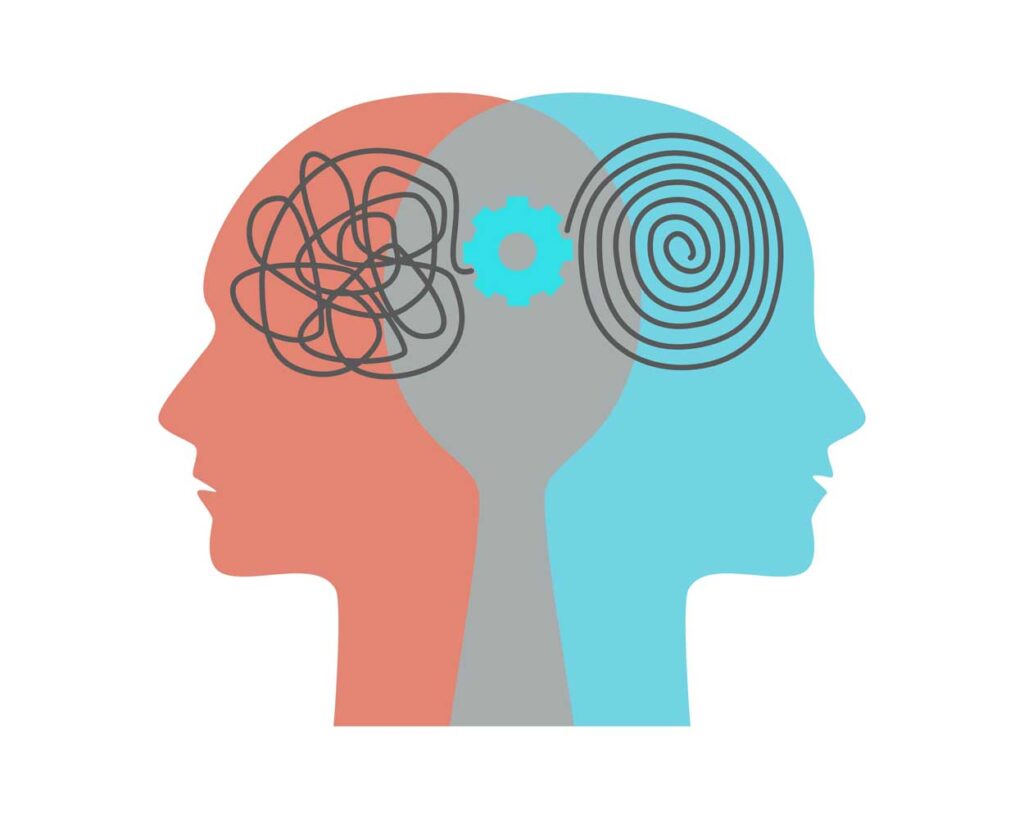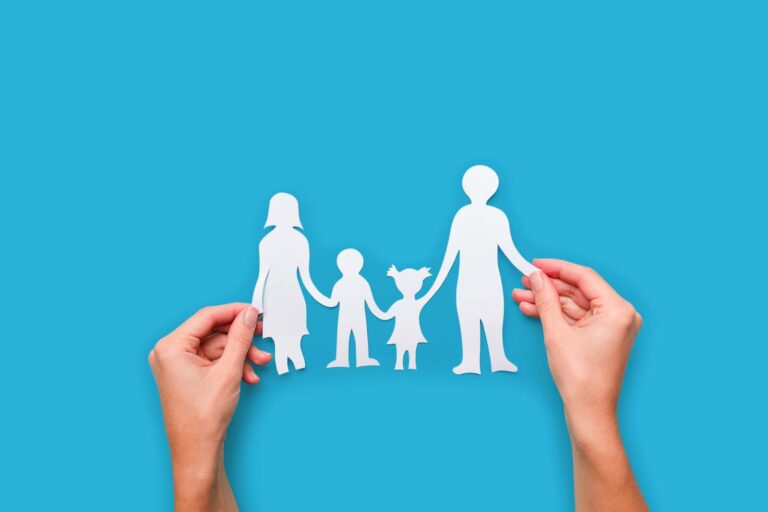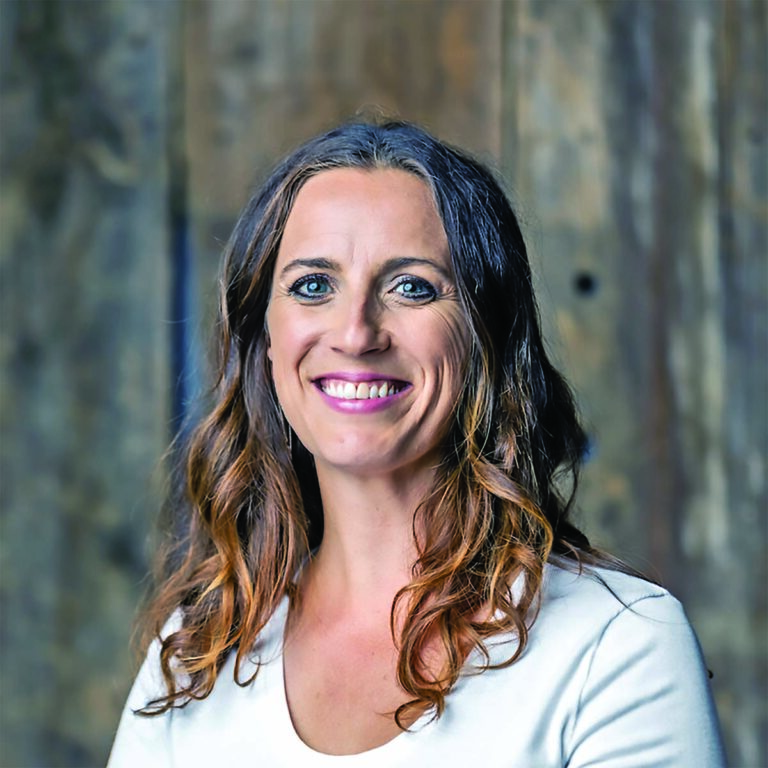On November 25, 2024, my world changed in an instant. There was a clear before and after—and suddenly, I was living in the after. That day, my brother died by suicide, leaving behind his daughter, his wife, our parents, my other brother and me.
The death of someone you love is never simple. Even when it comes through illness or accident, loss can shatter you. But what I didn’t understand until I lived it is how uniquely complex—and isolating—suicide grief can be.
In those first days, my mind filled with impossible questions: What do I do with this? What does this mean for his daughter? For us, his family? For his friends and co-workers? What made this happen? What role did we play? Did we fail him? Is he to blame? Are we? Do others think we are? These questions have no easy answers, yet they consumed me.
Suicide grief is unlike other losses. It carries sadness, guilt, anger, shame, confusion, even numbness—sometimes all at once. Survivors live not only with external stigma but also with an internalized one that whispers: People must think we failed him. People must think I’m responsible. That fear deepened my sense of isolation, even within my own family.
My grief was further complicated by the fact that my brother’s death was not a private family matter. He was a police officer, and he died in a public place. Overnight, what was our family’s private tragedy was now playing out on the public stage. Instead of being able to grieve quietly, I was thrust into “work mode”—trying to protect his memory for his daughter while also bracing against the headlines. That kind of exposure makes an unbearable loss even heavier.
And yet, in the middle of that storm, I also saw the power of compassion. My friends and colleagues reached out—often with no perfect words, just a steady reminder: “I don’t know what you’re going through, but I’m here.” My team at work made space for me to step away. Friends checked in, they still do, even all these months later. Those simple acts kept me tethered when I felt adrift.
One of the hardest parts was talking about my brother in the wake of how he died. Even sharing happy memories felt fraught. The first time my sister-in-law mentioned something he loved to eat, it was an unexpected salve—a reminder that his life was not defined by his death. That moment gave all of us permission to laugh, to remember his quirks and joys, to hold both his strengths and his struggles as pieces of the same person. Friends and co-workers who asked about his life, not just his death, gave me space to remember him fully.
No one can erase the pain of losing a loved one. And often, people who want to help don’t know what to say or do. My advice: don’t overthink it. It’s the small, steady gestures that matter most. The fresh eggs one of his coworkers brought over. A text that simply said, “I’m here for you.” A “grief basket” of junk food and fuzzy socks delivered on a particularly hard day. These were not grand acts, but they carried me through.
Presence, compassion, and the courage to reach out—even if you’re afraid you’ll say the wrong thing—can make the unbearable a little more survivable. If you know someone living with suicide grief, don’t underestimate the power of a simple message, a shared memory or speaking their loved one’s name. Sit with them, even in silence.
In a world that too often falls quiet around suicide, these small acts are not small at all. They are lifelines. They remind us that even in the darkest moments, we are not alone.
I wish more than anything that my brother had grasped a lifeline before it was too late. The world was a better place with him in it. We are not better off without him. Neither he nor I can change the ending of his story, but for those who are walking a similar path or alongside someone who is, please know you are not as alone as you may feel.
If you or someone you know is struggling, call or text 988 or contact Colorado Crisis Services at 1-844-493-8255 for 24/7 support. Visit Jefferson Center’s website for more information and resources.
Kelli Curl is a communications and public health professional who lost her brother to suicide in 2024. She shares her story in hopes of helping others feel less alone.






